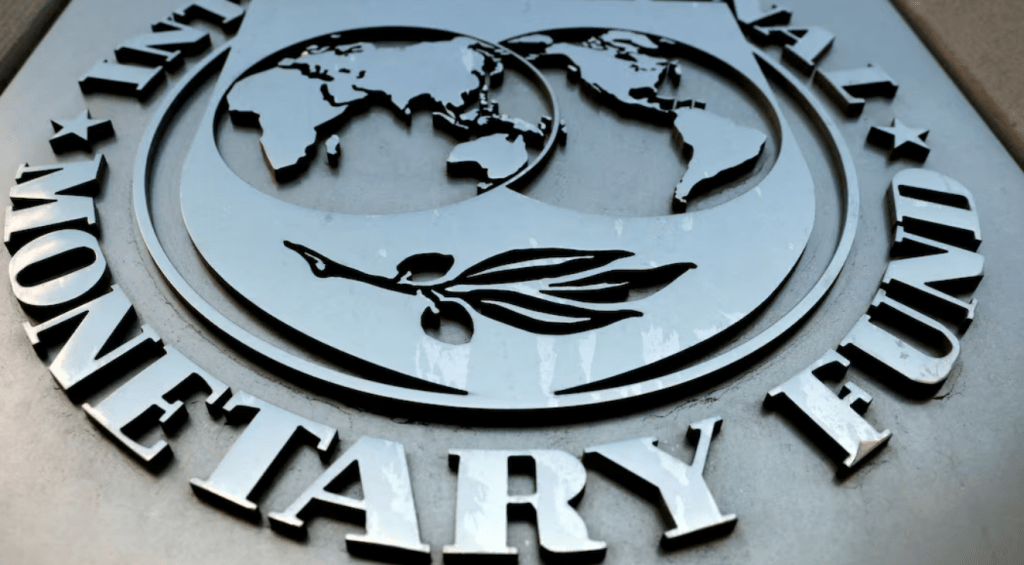By: Buthayna El Haggar
As 2024 draws to a close, the Middle East and North Africa (MENA) region faces significant economic challenges amid ongoing geopolitical tensions, conflicts, and global economic shifts.
The International Monetary Fund (IMF) has downgraded its growth forecast for the region to 2.1%, down from earlier projections of 0.6%. This revision reflects the effects of prolonged oil production cuts, regional instability, and continued uncertainties that have hindered economic activity.
Economic Growth in 2024: A Difficult Year for MENA
Oil-exporting economies are facing sluggish growth due to extended OPEC+ oil production cuts, geopolitical volatility, and lower global demand. The IMF forecasts growth for these countries to be 2.3% in 2024, with expectations of a rebound to 4% in 2025 as production cuts ease and geopolitical tensions subside.
Emerging economies within MENA, including Algeria and Morocco, are also under pressure. While inflation has generally decreased, countries like Sudan continue to grapple with high inflation, exacerbating financial hardships. Sudan’s ongoing conflict remains a significant risk, potentially impacting food security and overall economic stability.
Structural Reforms: Key to Long-Term Growth
The IMF stresses the importance of structural reforms to address the region’s underlying economic vulnerabilities. Key areas for reform include improving governance, job creation—particularly for women and youth—investing in infrastructure, and diversifying economies beyond oil.
Jihad Azour, director of the IMF’s Middle East and Central Asia Department, emphasized during the launch of the IMF’s October 2024 Regional Economic Outlook in Dubai that financial sector reforms are crucial.
He said expanding competition in the banking sector could increase private sector credit by 5% and raise GDP per capita by 2% over the next five years. Azour also noted that these reforms are critical for promoting long-term growth, especially in non-oil sectors, and building economic resilience.
Fiscal Sustainability and Debt Concerns
The IMF also emphasizes fiscal consolidation for MENA countries with high debt levels. Fiscal reforms are essential to reducing deficits and building resilience to external shocks.
Furthermore, social protection systems must remain intact to protect vulnerable populations from rising food prices and the economic consequences of conflicts.
Policy Priorities and Future Outlook
Policymakers should prioritize macroeconomic stability, debt reduction, and job creation. The IMF has approved $13.4 billion in financing for MENA countries in 2024 to help stabilize economies and encourage recovery.
Structural reforms that reduce state intervention, promote private sector investment, and diversify economies will be key to long-term stability.
Looking to 2025, the IMF remains cautiously optimistic, forecasting improved growth prospects for oil-exporting countries as production cuts end. However, emerging markets will need to bolster their resilience to ensure sustained recovery.



